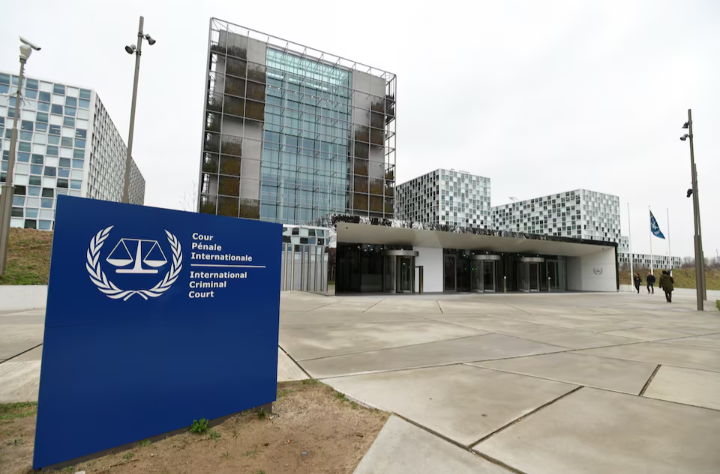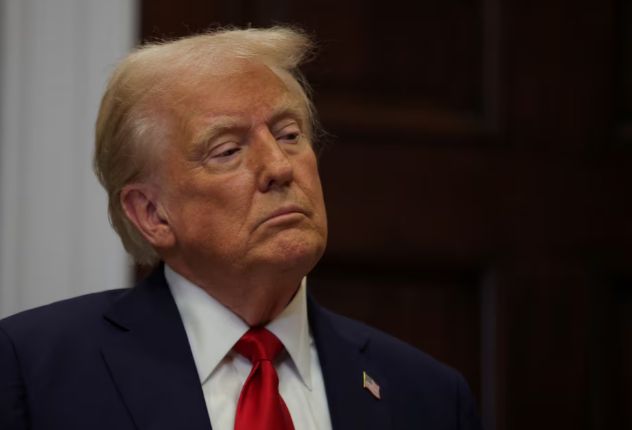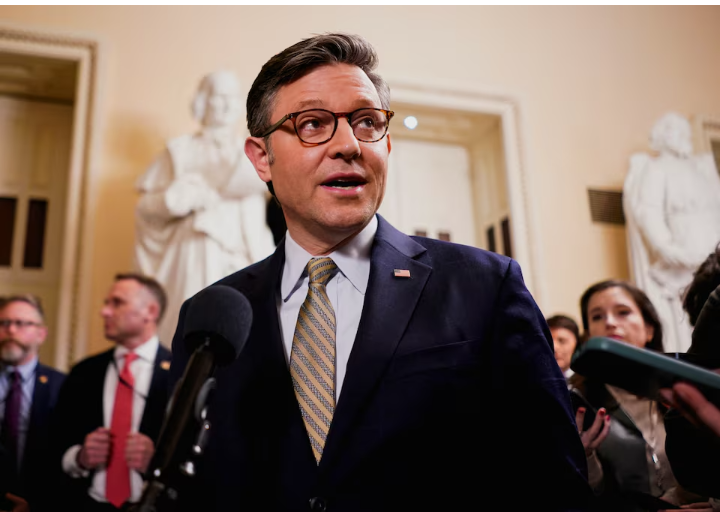In a decisive move, the U.S. House of Representatives passed the "Illegitimate Court Counteraction Act" with a 243-140 vote, aiming to sanction the International Criminal Court (ICC) following its issuance of arrest warrants against Israeli Prime Minister Benjamin Netanyahu and former Defense Minister Yoav Gallant. The ICC's actions, related to alleged war crimes during Israel's campaign in Gaza, have sparked significant controversy and debate.
The legislation proposes punitive measures, including visa revocations, against foreign individuals involved in investigating, arresting, detaining, or prosecuting U.S. citizens or allies, explicitly including Israeli officials. Support for the bill was predominantly Republican, with 198 Republicans and 45 Democrats in favor, and no Republican opposition. This reflects the strong bipartisan support for Israel within Congress.
House Foreign Affairs Committee Chairman Brian Mast emphasized the importance of sending a clear message against targeting the U.S. or its allies, underscoring the legislative body's commitment to defending allied nations from international legal actions perceived as unjust.
The ICC has defended its decision, asserting that sufficient evidence exists to proceed with the arrest warrants and suggesting that immediate action could prevent ongoing crimes. However, the U.S. administration, while criticizing the ICC's move as "outrageous," opposes the sanctions bill, considering it an overreach. The bill's future in the Senate remains uncertain, especially given the White House's stance.
This development highlights the ongoing tension between national sovereignty and international judicial bodies, raising questions about the extent of the ICC's jurisdiction and the appropriate response from nations whose leaders are targeted by such legal actions. The situation continues to evolve as both legislative and diplomatic discussions proceed.





